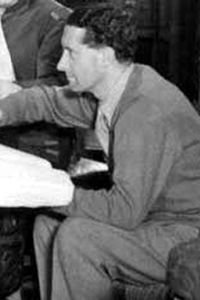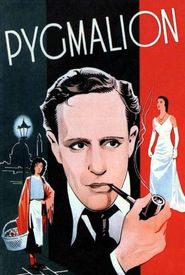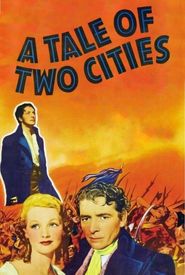William Percy Lipscomb, a renowned British playwright, screenwriter, and filmmaker, was born in 1887 in Merton, England. He is best known for his work in Hollywood, where he adapted several of his plays into films, including Clive of India, Les Misérables, and A Tale of Two Cities.
Lipscomb's Hollywood career began in the mid-1930s, when he was signed to a contract by Darryl F. Zanuck, the production chief of Twentieth Century-Fox. Zanuck brought Lipscomb to Hollywood to adapt his play Clive of India as a starring vehicle for Ronald Colman. Lipscomb also adapted Victor Hugo's Les Misérables, personally produced by Zanuck and starring Fredric March, and Charles Dickens' A Tale of Two Cities, produced by David O. Selznick and starring Colman.
In addition to his work in Hollywood, Lipscomb was also active in the British film industry. He wrote the screenplay for Colonel Blood, which he also directed, and adapted his play Clive of India as one of the first TV movies in history, broadcast by the BBC in 1938.
Lipscomb's work on Pygmalion, which he co-wrote with Cecil Lewis and George Bernard Shaw, earned him the Academy Award for Best Writing, Screenplay in 1938. This was his only recognition from the award-givers until he was nominated for a BAFTA Award for Best British Screenplay for A Town Like Alice in 1957, the year before his death.
Throughout his career, Lipscomb was known for his ability to write good dialogue quickly, a skill that impressed his fellow British expatriate, George Arliss. He was active as a screenwriter in the movies from 1928 until his death in 1958.


































